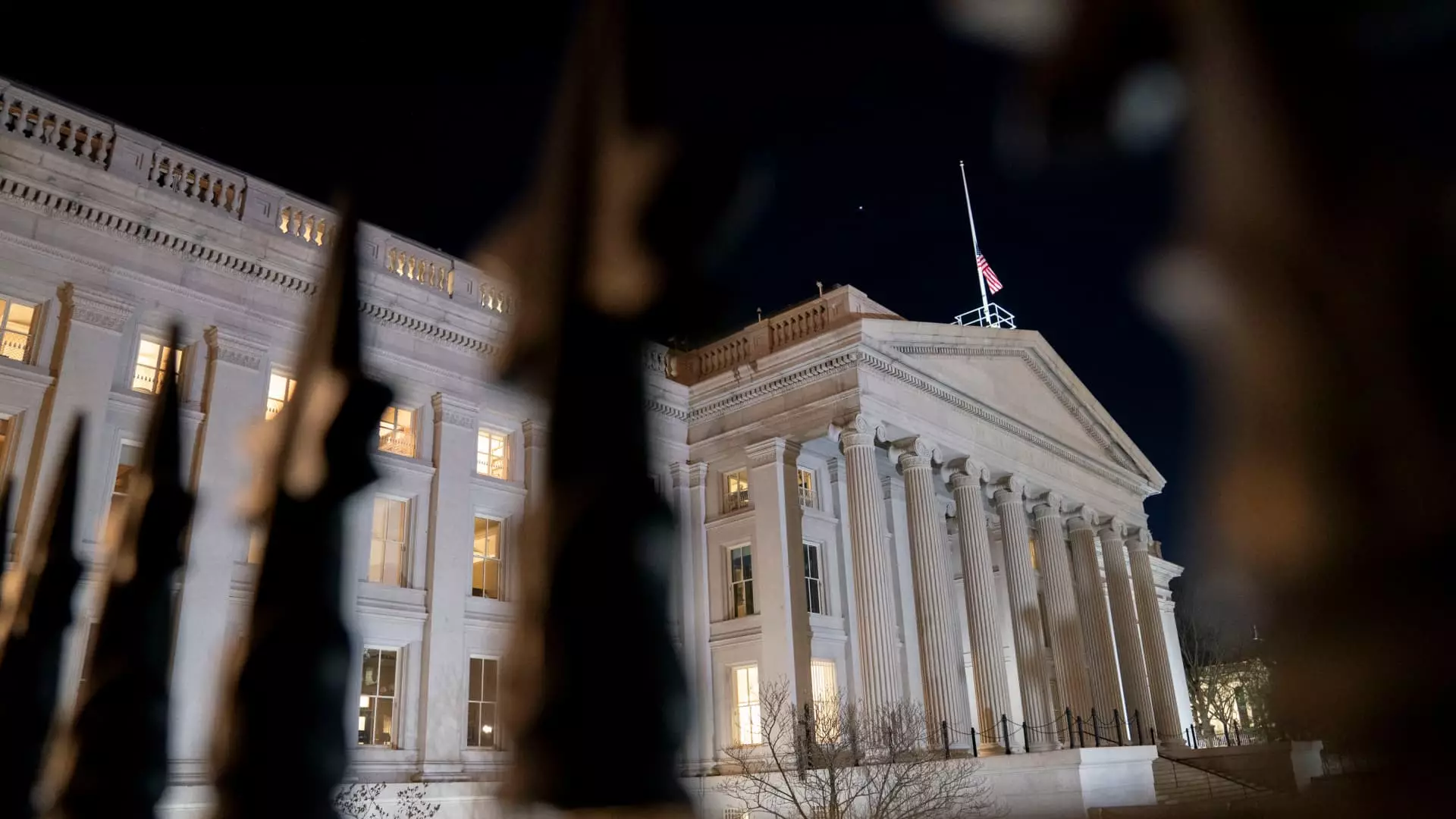The recent announcement from the U.S. Department of the Treasury represents a significant shift in enforcement regarding the Biden administration’s beneficial ownership information (BOI) requirements. Instituted through the Corporate Transparency Act in 2021, these regulations aimed to combat illicit financial activities and the rampant formation of shell corporations. The law mandated that millions of businesses disclose their ownership structures to the Financial Crimes Enforcement Network (FinCEN), but the Treasury’s decision not to impose penalties raises a multitude of questions about the effectiveness and intent of such regulations.
Initially, the BOI reporting requirements threatened substantial penalties, which could reach tens of thousands in fines or even result in prison sentences for non-compliance. Approximately 32.6 million businesses were estimated to be affected by the enforcement of these rules. The abrupt decision to suspend penalties undoubtedly brings relief to many small business owners who may have found these compliance measures overwhelming. Critics, however, argue that this roll-back could undermine efforts to ensure transparency in corporate ownership, potentially placing honest businesses at a competitive disadvantage against those who might exploit loopholes.
Responses to the Treasury’s announcement have been sharply divided. Former President Donald Trump labeled the BOI reporting rule as “outrageous and invasive,” framing it as detrimental to the interests of small businesses. His sentiments resonate with many who believe that excessive regulatory burdens stifle economic growth and entrepreneurship. Conversely, integrity advocates such as Scott Greytak from Transparency International express profound concerns about national security implications. They advocate for stringent reporting rules, claiming that leniency in this area could inadvertently create safe havens for adverse entities, including drug traffickers and terrorist organizations.
The Treasury’s statement suggests a narrowing of its focus; it will now consider applying these rules predominantly to foreign entities. This pivot raises questions about America’s commitment to uphold an environment of corporate accountability and transparency. By potentially exempting domestic businesses from strict reporting requirements, the administration may unintentionally foster an environment ripe for corruption.
Moreover, this decision may distract from broader conversations about the need for regulatory frameworks that adapt proactively to evolving threats. As innovation in the financial sector continues to unfold, the U.S. must remain vigilant against new tactics employed by bad actors. Public confidence in business operations depends significantly on perceived transparency, and any rollback could contribute to increased skepticism about corporate integrity.
The Treasury’s recent decision concerning BOI reporting represents a delicate balancing act between facilitating business growth and safeguarding against financial misconduct. As the administration re-evaluates these requirements, stakeholders must engage in a comprehensive dialogue about how best to protect the integrity of the U.S. financial system while supporting its small businesses. The future of corporate accountability hangs in the balance, as the ramifications of this decision will likely resonate across the economic landscape for years to come.

